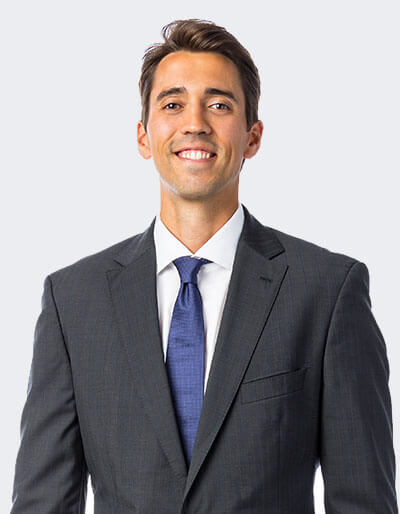03/15/2019
Rotator cuff repair surgery can take about six months for full recovery. Your physician and physical therapist will help guide you through the various stages and what activities you should be doing when. That being said, here are some things we recommend against:
- Remove Your Sling or Immobilizer Early
It may be tempting to remove your sling in an attempt to gain independence faster, but you do not want to move your entire arm until your surgeon gives the clear. You risk proper healing, which could lead to pain or discomfort in later stages of recovery or even cause long-term problems. Your surgeon and physical therapist will allow you to remove the sling for certain safe exercises.
- Skip Physical Therapy
Sometimes, you feel like you want to do the exercises at home rather than making a physical trip. While this may be okay once or twice, your physical therapist and physician should be working hand-in-hand to understand the finer points of your recovery and adjust your treatment accordingly. Skipping breaks down that communication and could slow your progress.
- Raise Your Arm Over Your Head
This risks proper healing more than any other discouraged motion. Full range of motion for your shoulder is one of the last steps in recovery, and something you will need to work gradually towards.
- Lift Objects with Your Surgery Arm
Allowing your shoulder to tolerate some weight typically occurs somewhere around week 12. Still, it is advisable to limit yourself to resistance training so your shoulder can gradually adjust, rather than trying to lift something and risking your shoulder giving out.
- Resume Athletic Activities Too Early
We will progress a patient through recovery faster if their body responds. We will also discuss a custom plan for returning to sport-specific activities.
OrthoNebraska surgeons help hundreds of people recover from torn rotator cuffs each year. To make an appointment, call (402) 609-3000.


